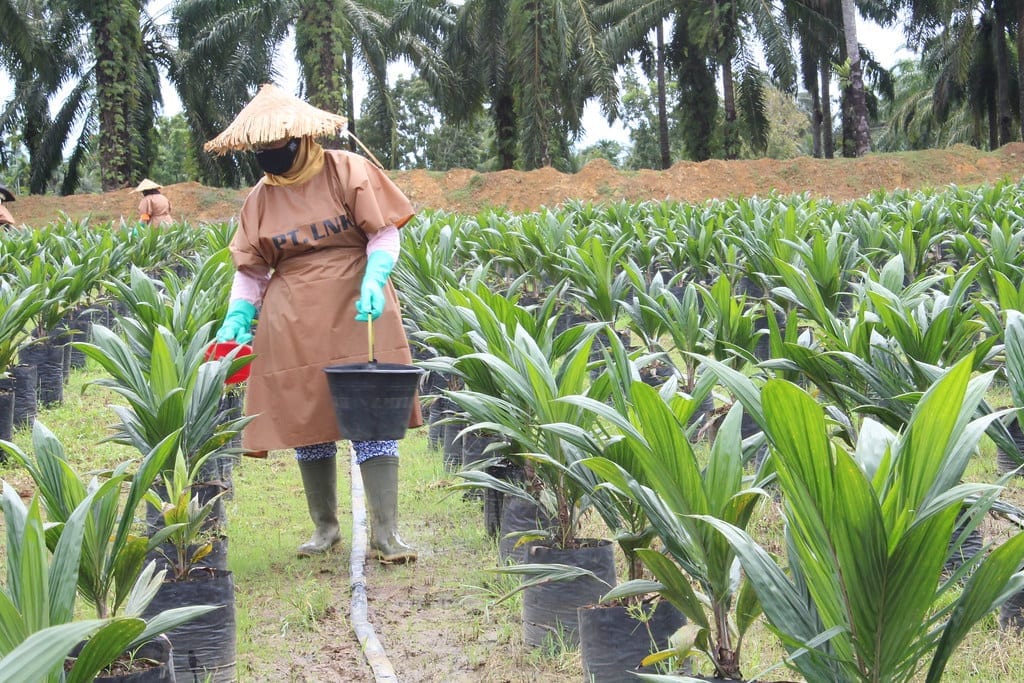
Case Study on Improving Management of Human Rights Risk in the Extended Palm Oil Supply Chain
In recent years, as high-profile stakeholder actions and consumer campaigns have increasingly shined an international spotlight on human rights issues in the palm oil sector, various frameworks and initiatives have emerged through which industry has sought to address these issues. In 2013, for the first time, forced labor standards and indicators were included in the Principles and Criteria (P&C) of the Roundtable on Sustainable Palm Oil (RSPO) certification standard. Around the same time, the concept of “NDPE” (No Deforestation, No Peat, No Exploitation) gained traction as a framework for sustainability commitments by major palm oil companies and buyers, focusing attention on the critical issues of deforestation, destruction of peatlands, and exploitation of human populations. In 2018, focused stakeholder engagement led the RSPO and its varied members to more fully address human rights risks by incorporating additional and strengthened human rights standards into the most recent revision of the RSPO P&C, which reflect an improved understanding of the issues. New mandatory basic standards such as the Malaysia Sustainable Palm Oil (MSPO) and Indonesian Sustainable Palm Oil (ISPO) frameworks are also beginning to shape the social practices of palm oil producers in key markets.
The advent of these human rights standards is in itself an important development, but standards require strong internal implementation structures within companies in order to result in meaningful changes in the lives of workers and communities. In Verité’s experience, effective human rights programs require companies to have a strong understanding of the various types of internal and external human rights risks associated with the sector in question, as well as both the specific risk profiles of the countries of operation and the different risks associated with the various production processes involved.
In addition, companies must have the ability to grasp how gaps and weaknesses in their internal systems can exacerbate these risks so they can determine where new or better controls need to be placed. To do this, companies must be willing to make themselves vulnerable, be ready to look unflinchingly at their own limitations, and be open to having frank conversations internally and with external stakeholders. Companies must also learn how to develop approaches to human rights prevention and risk mitigation that are grounded in full consideration of the root causes of the issues. In Verité’s experience, this has sometimes been a challenge in the palm oil sector, despite companies’ efforts to incorporate “social” issues in a more holistic and comprehensive way, since many companies’ sustainability programs were first established to address environmental issues and key responsible parties may lack sufficient capacity to address human rights issues effectively.
Read more here.
